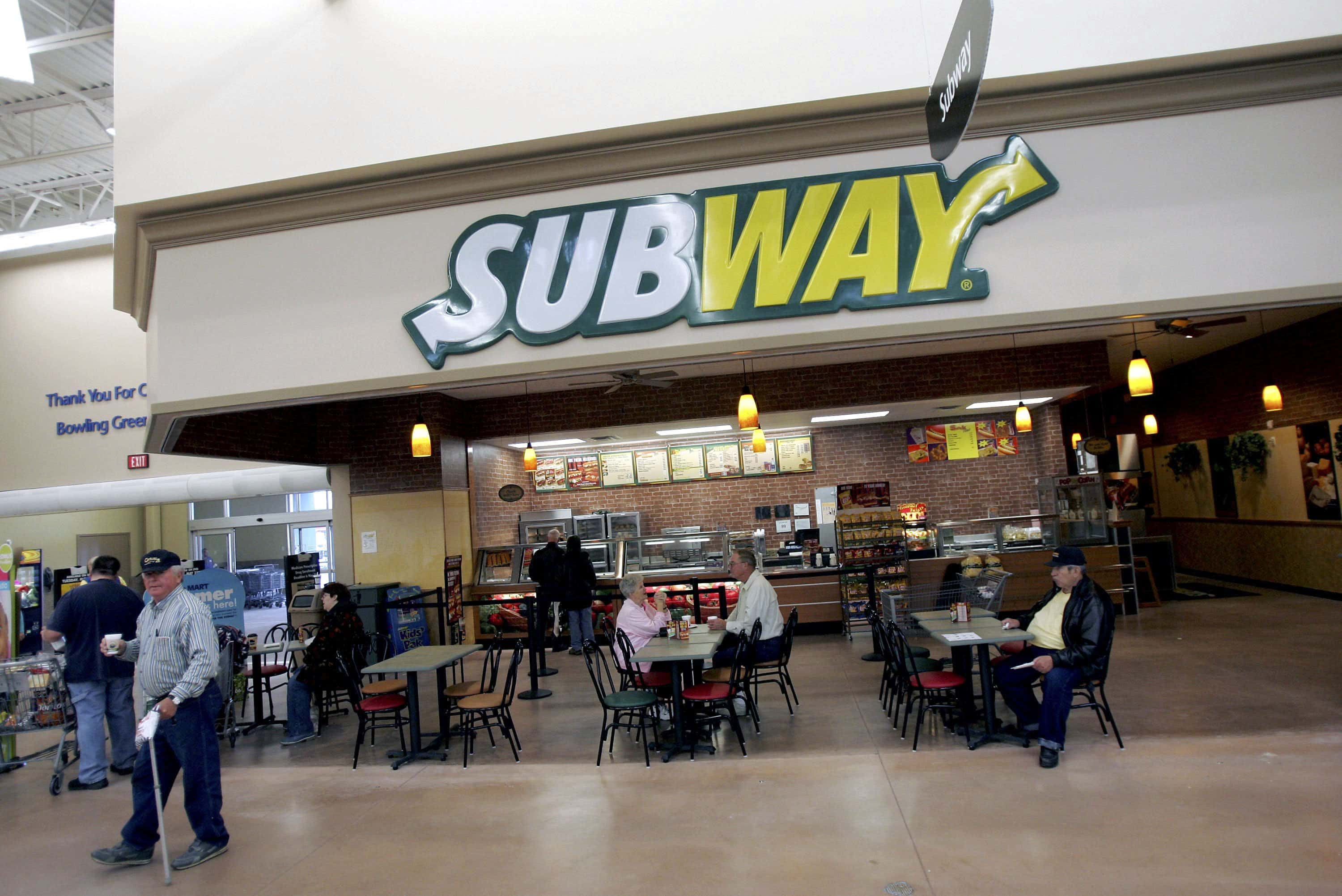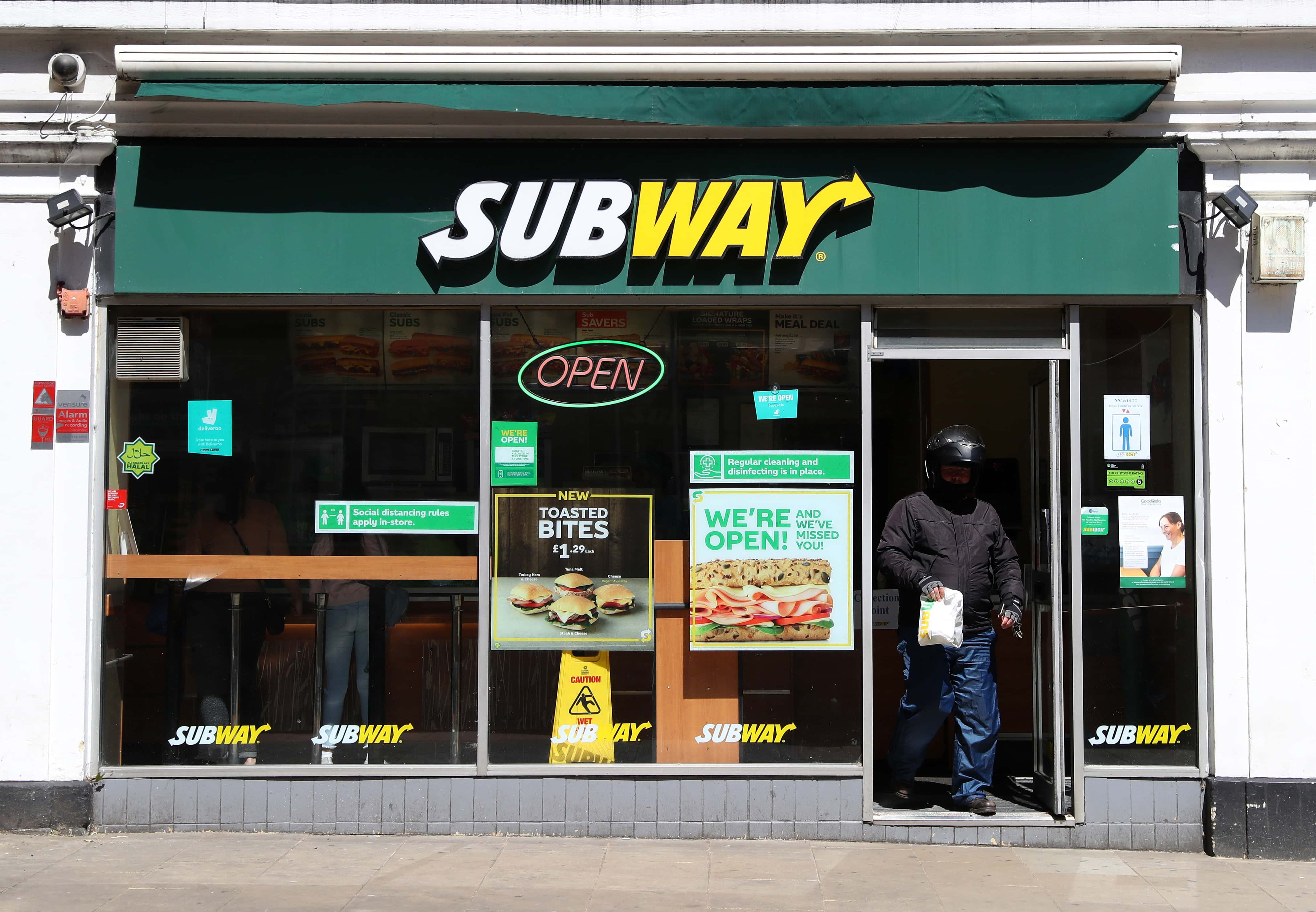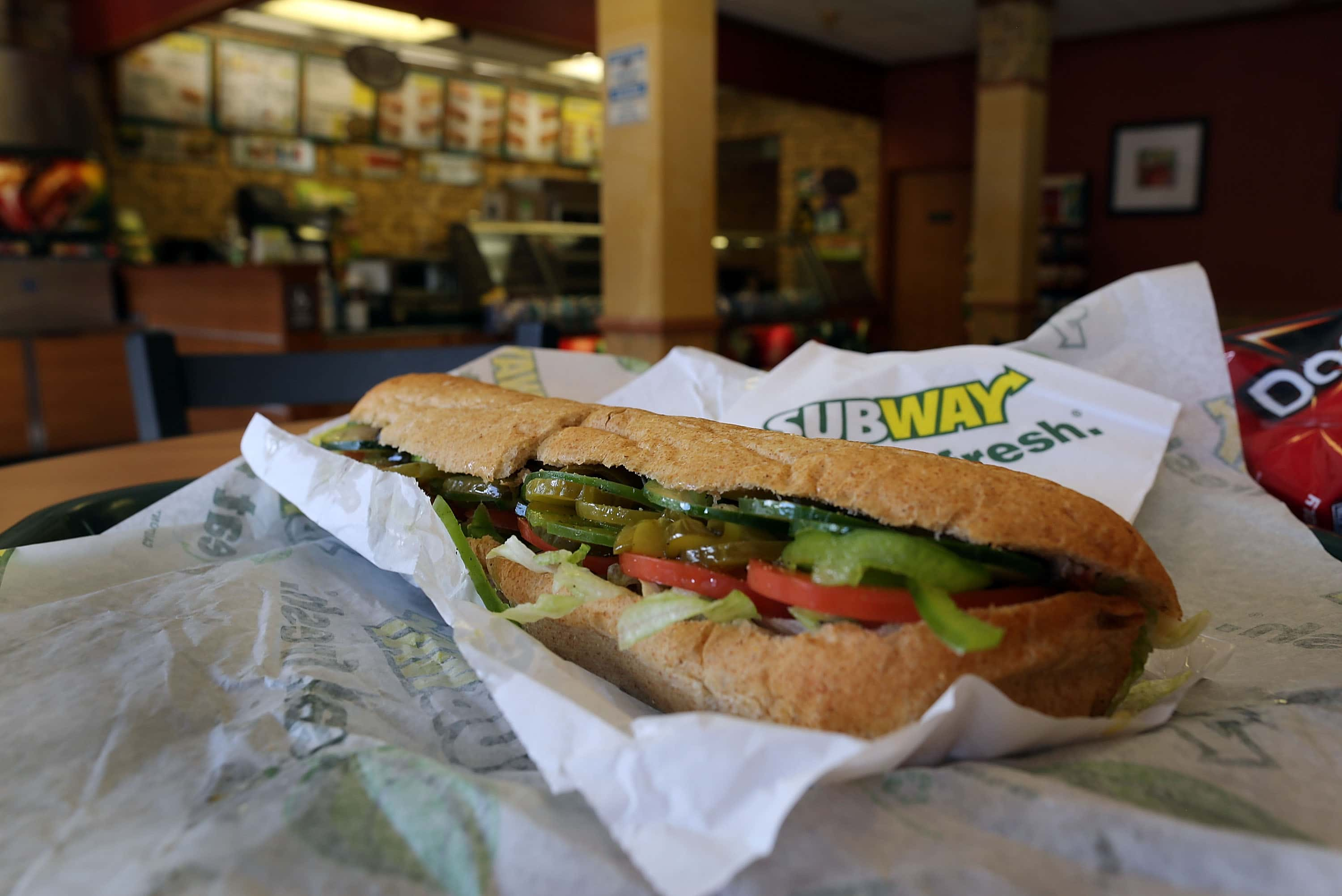Who sued Subway over mystery tuna meat? Sandwich chain faces another lawsuit over secret ingredients

The popular sandwich restaurant chain Subway is facing a new lawsuit over the ingredients used in their tuna sandwich. The company known for its deals on footlongs and 6-inch subs with a variety of meats and toppings is facing accusations that their tuna sandwiches don't contain tuna at all.
What does the lawsuit claim and who sued the sandwich chain?
According to reports, the complaint was filed at the US District Court for the Northern District of California on January 21, 2021. It named two plaintiffs who said that they "were tricked into buying food items that wholly lacked the ingredients they reasonably thought they were purchasing.” TODAY reported that the two plaintiffs are Alameda County residents Karen Dhanowa and Nilima Amin. They have sued Subway for claims that include fraud, intentional misrepresentation and unjust enrichment. The Washington Post was the first to report this.

The publication claimed that according to a copy obtained by them, the duo said that through "independent testing" of "multiple samples" of the ingredients of the sandwich, it was confirmed that the "products are made from anything but tuna". The lawsuit also says, "On the contrary, the Products are made from a mixture of various concoctions that do not constitute tuna, yet have been blended together by Defendants to imitate the appearance of tuna." The plaintiffs are seeking "compensatory damages and punitive damages plus attorneys' fees," as part of their lawsuit along with asking the franchise to stop "allegedly mislabeling its tuna sandwiches". They are also asking the company to "forfeit any profits the company might have earned from doing so".
The plaintiffs are being represented by Alex J Brown, who is a managing attorney of business litigation at Lanier Law Firm. He told TODAY that the firm is "looking forward" to representing the two plaintiffs and that the "the firm’s litigation team and its supporting counsel are currently in the initial stages of litigation and preparing for an April court appearance, where Honorable Donna Ryu will set a trial date." Delish reported that one of the attorneys for the plaintiffs named Shalini Dogra didn't reveal what the tests actually showed, but only said that "the ingredients were not tuna and not fish".
Subway's response to the accusations
TODAY reported that a spokesperson for Subway told them that there was "simply no truth" to the allegations in the complaint filed. "Subway delivers 100% cooked tuna to its restaurants, which is mixed with mayonnaise and used in freshly made sandwiches, wraps, and salads that are served to and enjoyed by our guests," the spokesperson said. The spokesperson also revealed that the tuna is one of the "most popular products" for the sandwich chain and that they "work tirelessly to uphold the high standards that Subway sets for all of its products, including its tuna".
"Subway will vigorously defend itself against these and any other baseless efforts to mischaracterize and tarnish the high-quality products that Subway and its franchisees provide to their customers, in California and around the world, and intends to fight these claims through all available avenues if they are not immediately dismissed,” they added. A Subway spokesperson also told Delish: "These claims are meritless. Tuna is one of our most popular sandwiches. Our restaurants receive 100 percent wild-caught tuna, mix it with mayonnaise and serve on a freshly made sandwich to our guests."

Food and Wine also quoted Subway saying, "The taste and quality of our tuna make it one of Subway's most popular products and these baseless accusations threaten to damage our franchisees, small business owners who work tirelessly to uphold the high standards that Subway sets for all of its products, including its tuna. Given the facts, the lawsuit constitutes a reckless and improper attack on Subway's brand and goodwill, and on the livelihood of its California franchisees. Indeed, there is no basis in law or fact for the plaintiffs' claims, which are frivolous and are being pursued without adequate investigation."
Subway's statement to Food & Wine also added, "Unfortunately, this lawsuit is part of a trend in which the named plaintiffs' attorneys have been targeting the food industry in an effort to make a name for themselves in that space. Subway will vigorously defend itself against these and any other baseless efforts to mischaracterize and tarnish the high-quality products that Subway and its franchisees provide to their customers, in California and around the world, and intends to fight these claims through all available avenues if they are not immediately dismissed."
This isn't the first time the franchise is facing a lawsuit

The popular sandwich chain faced a lawsuit in 2013 where they were sued by a man from Chicago because of the length of its supposedly footlong sandwiches. The man had claimed that the sub he had ordered was only 11 inches long. Similar complaints were also filed by two men from New Jersey that same year, but the settlement was thrown out by a US appeals court. Also, last year, it was ruled by the Irish Supreme Court that the subs are "too sugary to be considered bread".
Also, in 2017, after the Canadian Broadcasting Corporation's (CBC) Marketplace DNA tested chicken pieces from Subway, the results came back as such: Subway's over-roasted chicken had 53.6 percent chicken DNA while its chicken strips had only 42.8 percent chicken, according to Food & Wine. At the time, Subway called these findings, "absolutely false and misleading" as they filed a $210M defamation lawsuit against the CBC.










